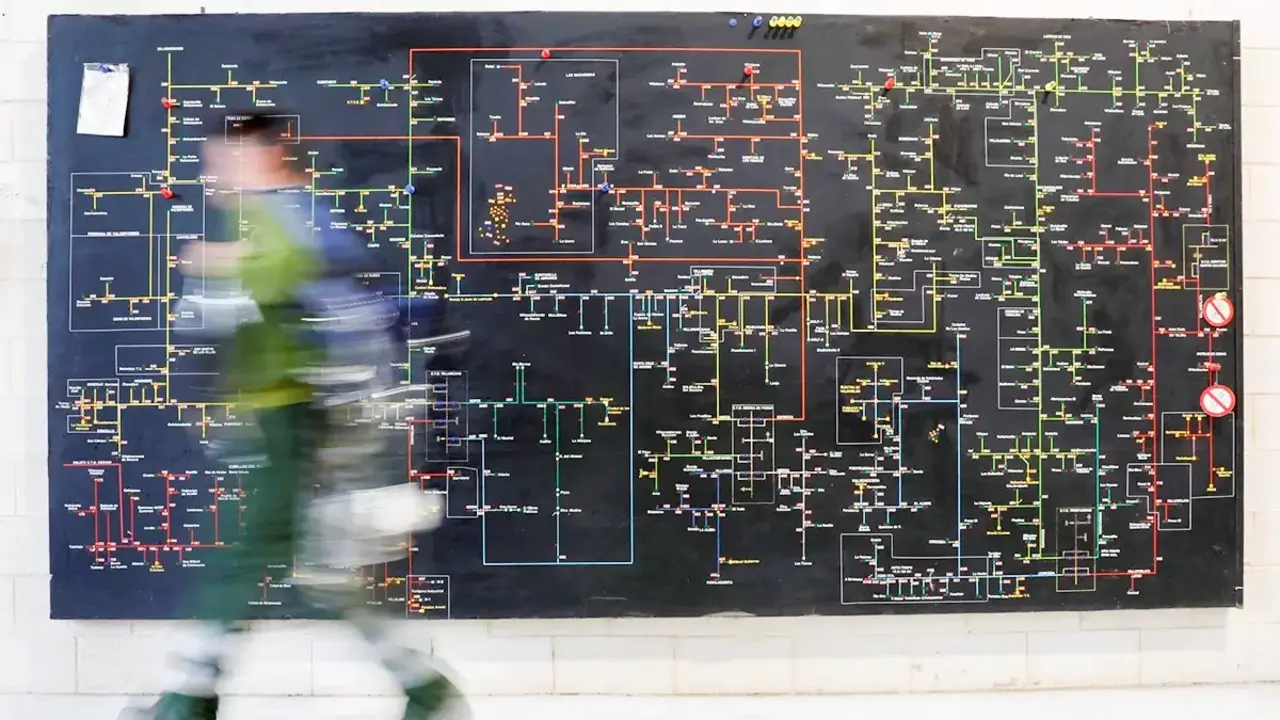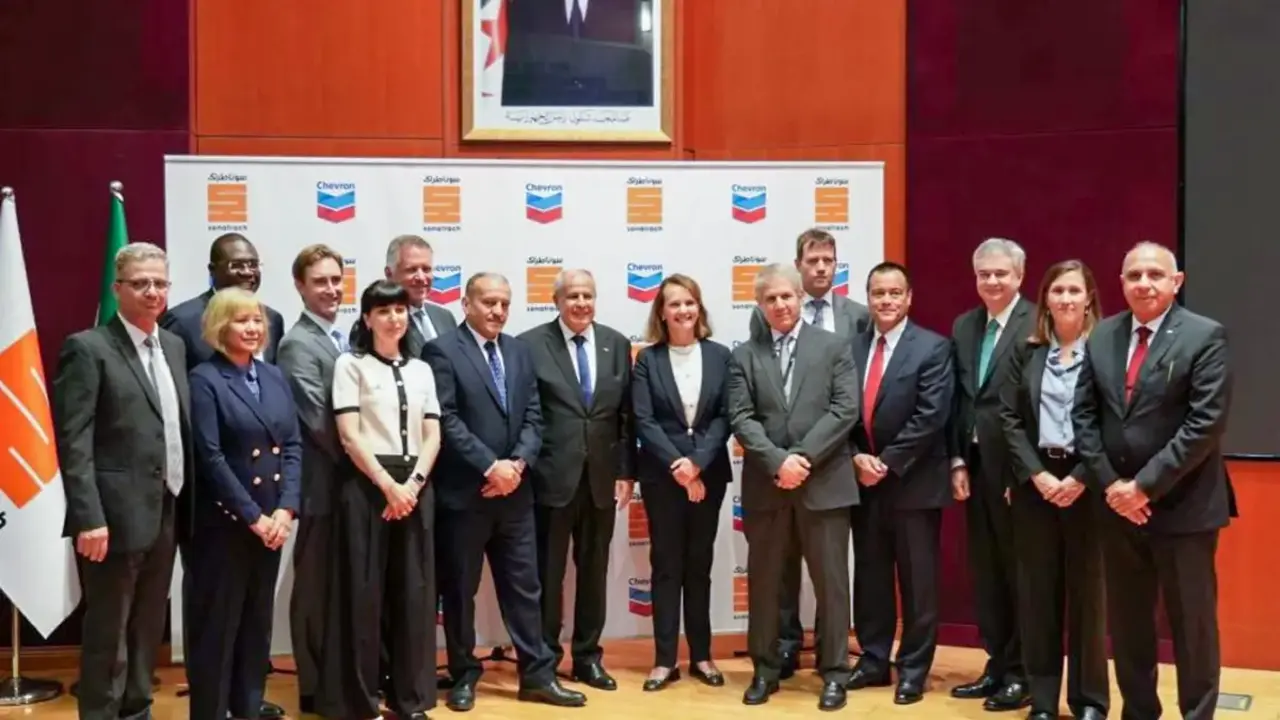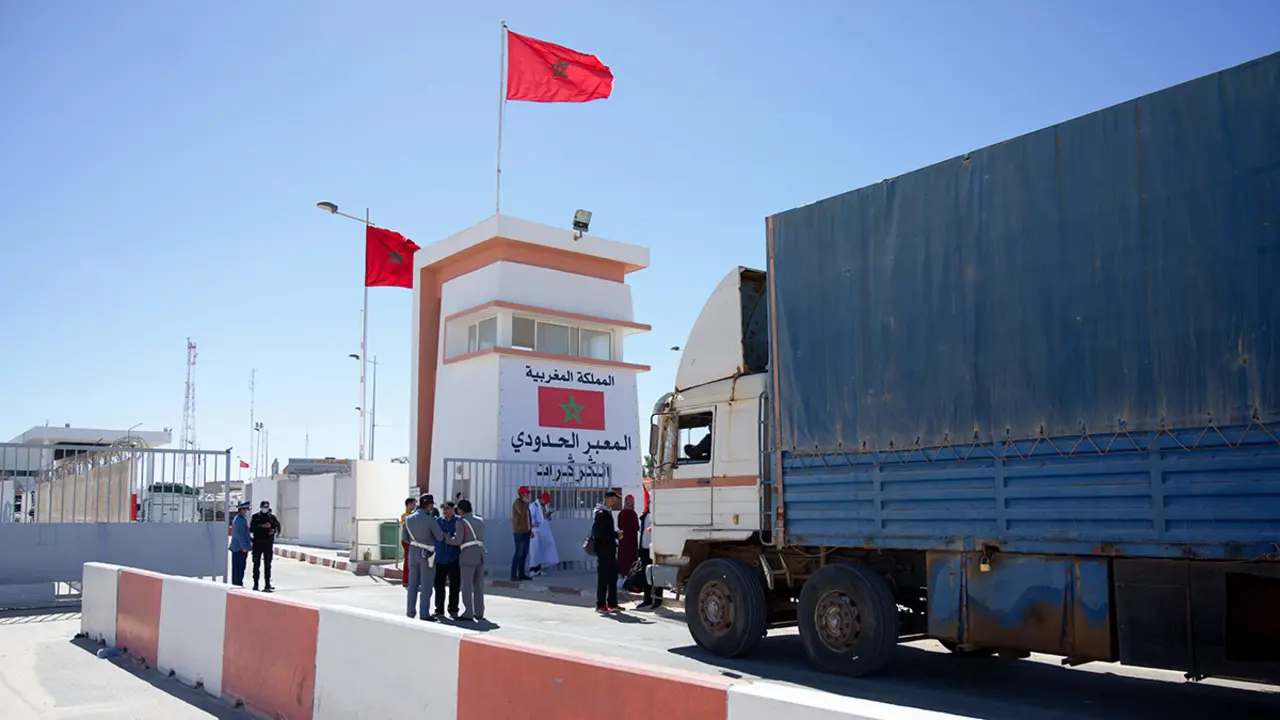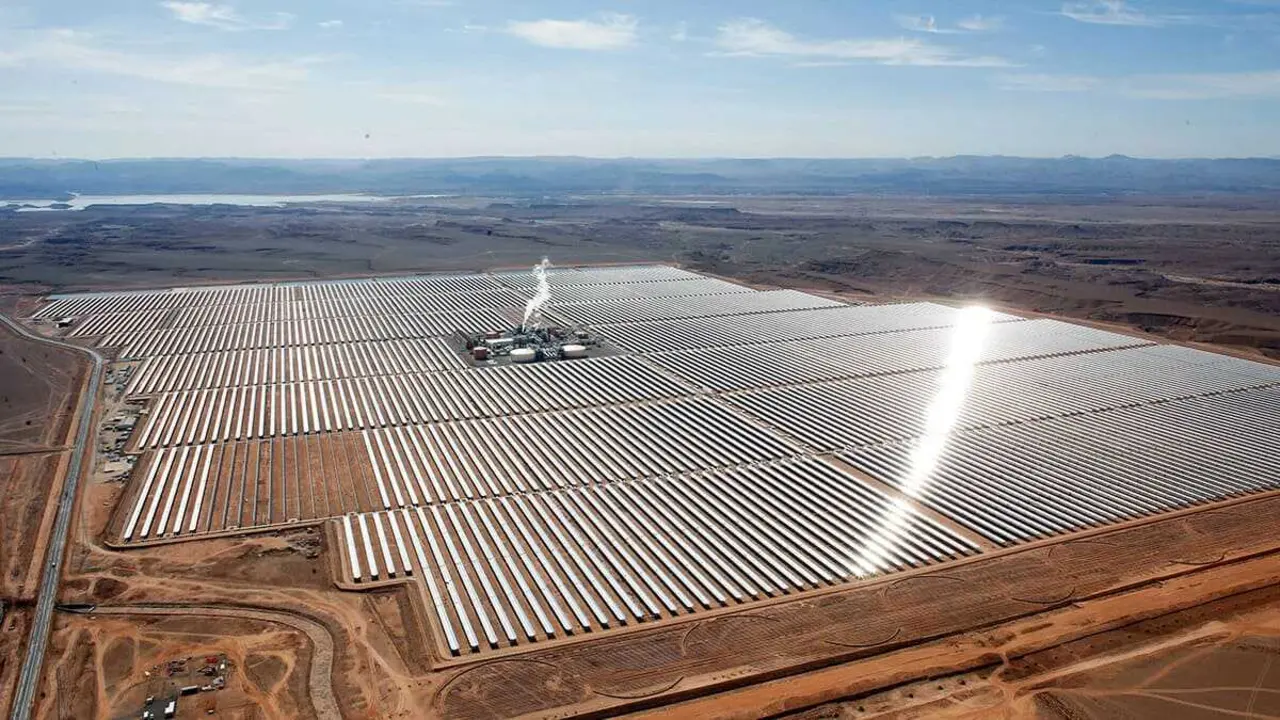USAID and Morocco: cooperation in economic development and education
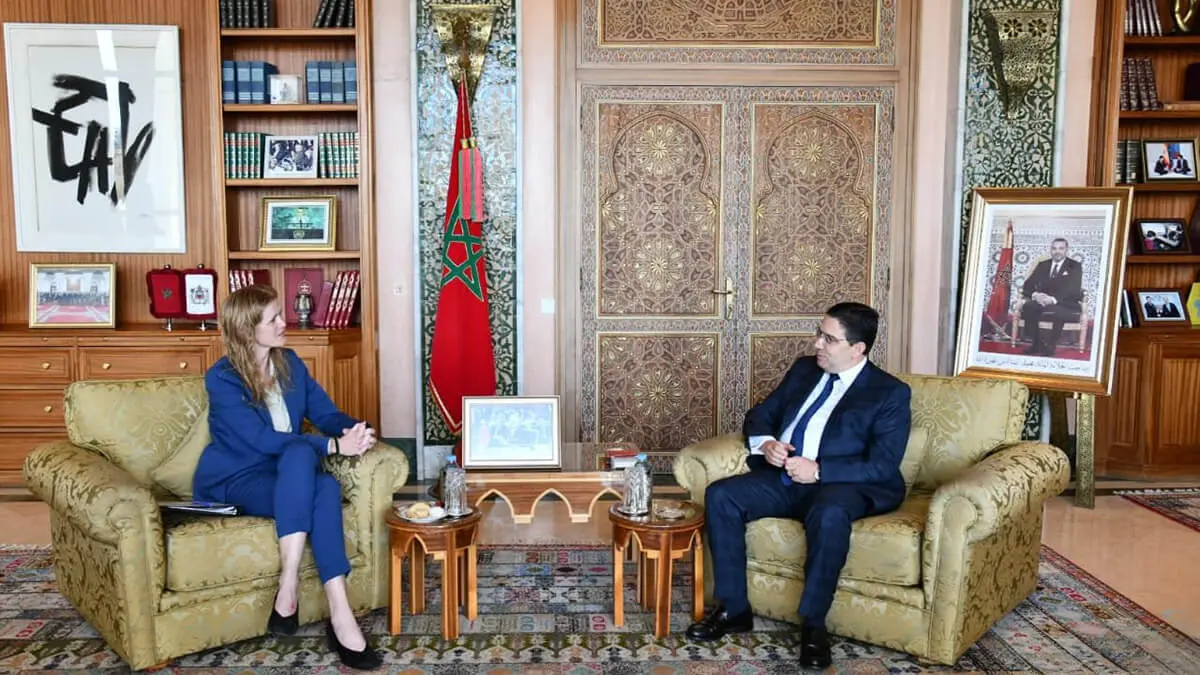
Partnerships between Morocco and the United States continue unabated. As one of the African nation's most important partners, the United States, through the United States Agency for International Development (USAID), will expand cooperation in development, trade, security, human rights compliance, regional issues and economic cooperation through the signing of agreements.
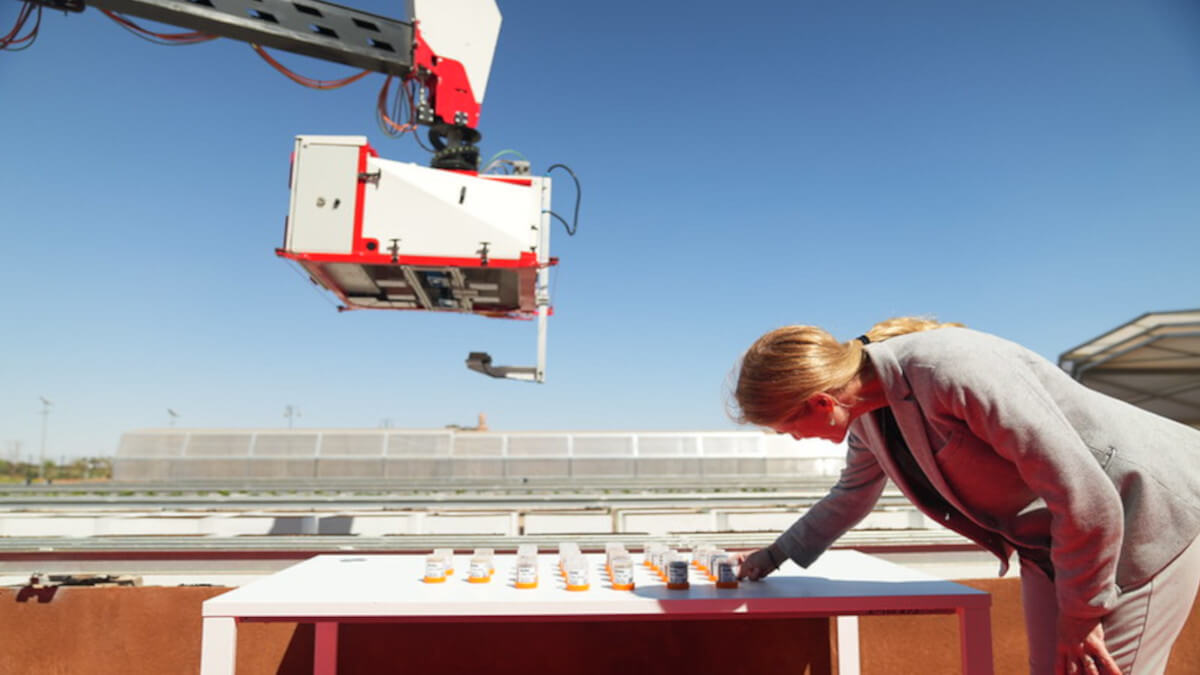
Meeting in Rabat for four days, Foreign Minister Nasser Bourita and USAID Chief Administrator Samantha Power focused their efforts on climate change, food security, and youth empowerment.
"Cooperation between Morocco and the United States is essential to promote development and prosperity in our region," Minister Bourita said of the meeting. One of the highlights of the meeting was the USAID chief administrator's words of support, solidarity and amazement at the evolution and development of the areas most affected by last year's earthquake in the Al-Haouz region.
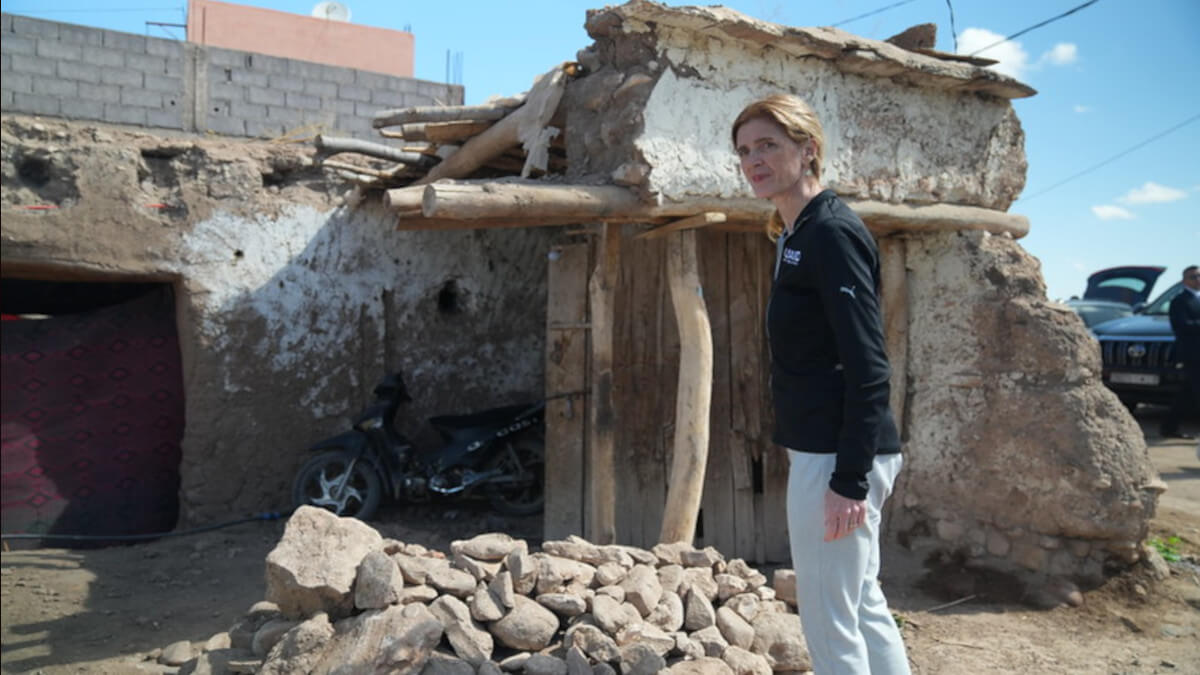
Among the main agreements is a new partnership with the Rabita Mohammedia League of Academics and the International Organisation for Migration. The main benefits that this new partnership will bring to Moroccan youth and students will be: better and easier access to new digital education systems, training for unemployed people and support for future top sports talents through grants.
According to information published on the USAID website, the company announced a new partnership with the Mohammed VI Polytechnic University (UM6P) and GiveDirectly to launch the first component of a new climate programme in the United States.
Funded by USAID, UM6P and GiveDirectly, and in partnership with Morocco's National Initiative for Human Development, the new Cooperative Resilience Programme provides funding, training and advice to better prepare Morocco's vulnerable cooperatives and entrepreneurs to adapt to the impacts of climate change in rural areas.
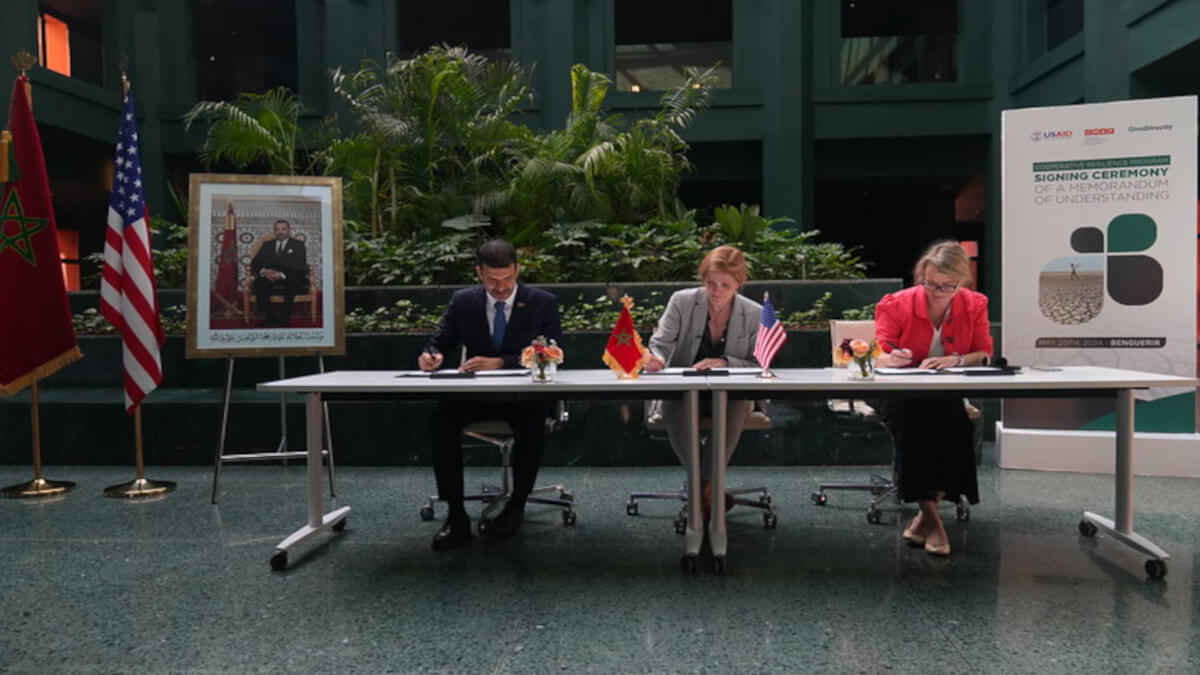
Local cooperatives, led by women, have played an important role in developing new programmes that meet the needs of Moroccans and ensure that USAID programmes are driven by local voices.
On the financial front, the biggest achievement following the meeting was the approval of a $30 million grant to the Moroccan company OCP Group to help overcome the barrier of food insecurity in the most needy areas of the territory.
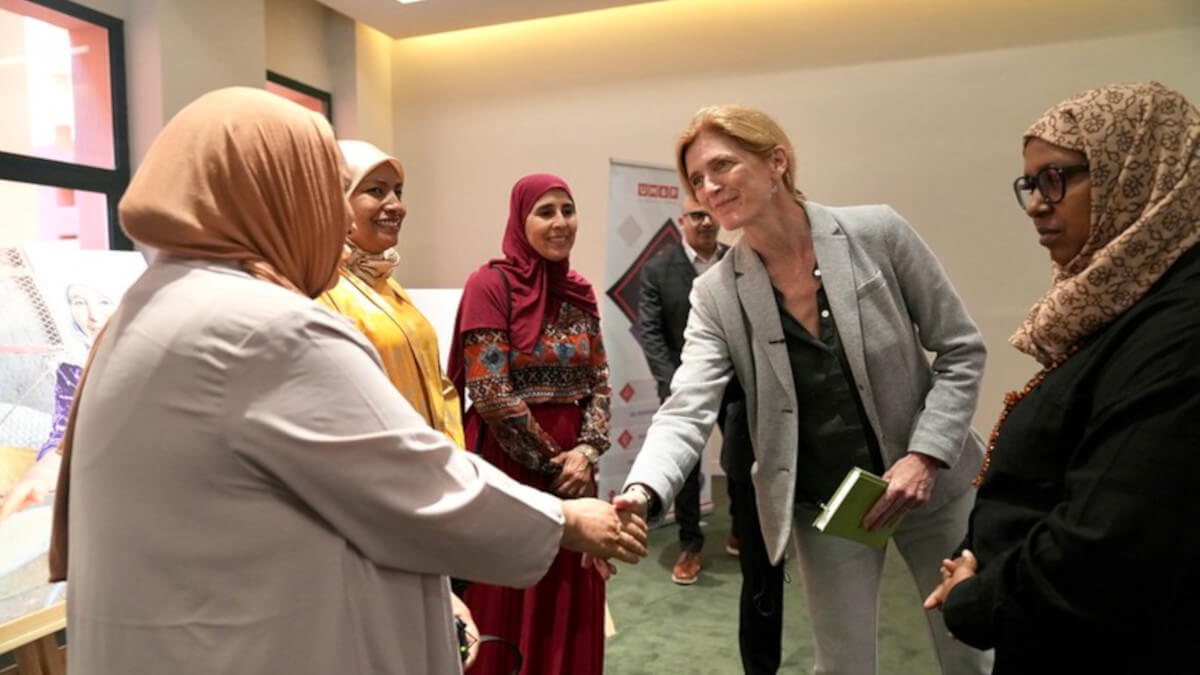
USAID's investment follows a 40 million dollar contribution to Space to Place made earlier in May. In addition, USAID worked with OCP during the food, fuel and fertilizer crisis, supporting the supply of 550,000 tons of fertilizer to sub-Saharan Africa in 2022-2023.
USAID provides assistance in emergencies and natural disasters, supports economic growth and poverty reduction in developing countries, strengthens health and nutrition, supports education, promotes democracy and justice, fights climate change, and promotes equality.

